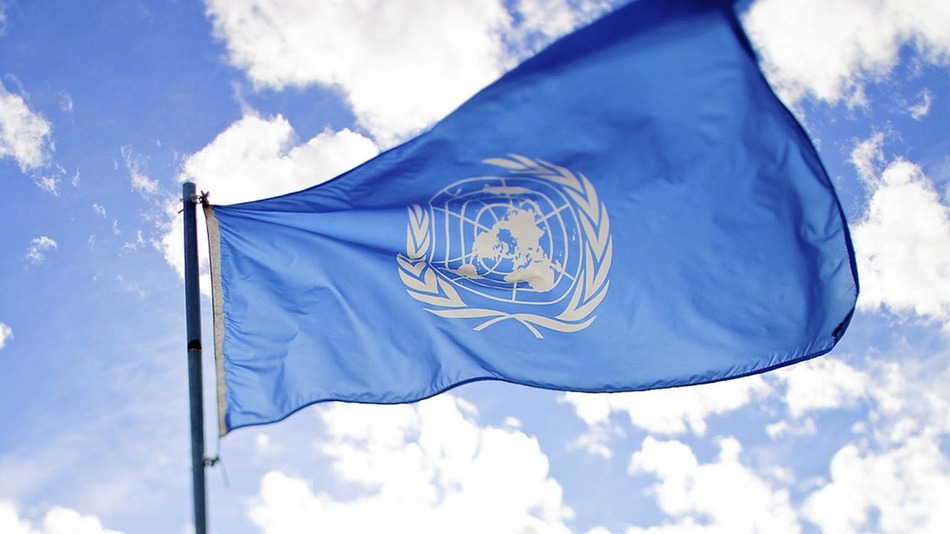In December 1948, the United Nations adopted the Universal Declaration of Human Rights, in the shadow of the Holocaust and the failure of the international community to prevent the Nazi genocide. Since then, the institutions that claim to promote the values in the declaration have issued grand proclamations and held ceremonies patting themselves on the back to impress their donors.
But the reality around the world is far removed from the hype, and in comparison to the lofty goals of 1948, many of these institutions are dismal failures. The dictatorships, closed regimes and murderous war lords that sit on the UN Human Rights Council (UNHRC) and similar international bodies are among the worst offenders. From China and Russia to Iran, Syria and Venezuela – to name a few – the countries supposedly tasked with upholding human rights are denying their own citizens their basic freedoms.
And then there is the problem of resurgent anti-Semitism – an issue that, at best, the human rights industry ignores. In the supposedly enlightened countries of Europe and North America, attacks on Jews and Jewish institutions have become regular occurrences. On campuses Israeli supporters are bullied, harassed and, sometimes, physically attacked.
Yet not one of the human rights stalwarts has even a single report, project or staffer dedicated to anti-Semitism. The UNHRC has a notorious permanent agenda item for bashing Israel (adding to the hate), but nothing on anti-Semitism.
Similarly, for the largest global non-governmental organizations (NGOs) – Human Rights Watch and Amnesty International – this basic human rights abuse is not on the map. Instead, they contribute to anti-Semitism, as was recently highlighted by Amnesty Canada’s letter to the president of York, which seemed to justify the violence and intimidation directed at supporters of Israel.
In contrast, some serious efforts have been initiated outside the existing and failed institutions to defeat the purveyors of both old (theological and right-wing) and new (Israel-related and “progressive”) anti-Semitism. In Canada, a new nationwide program called Maspik! (the Hebrew word for “enough”) was inaugurated by JNF Canada and will be co-ordinated by the Centre for Israel and Jewish Affairs. The broad coalition will share information and best practices for standing up to the anti-Semites at universities, on social media and elsewhere.
This effort requires mobilizing groups across a wide ideological and political spectrum – liberals and conservatives, Jews and non-Jews, students and faculty. For too long, powerful voices have severely underestimated the threat of anti-Semitism, or avoided the difficult confrontations that are necessary, hoping that others would take the lead. But in the past year, the option of sitting on the sidelines has become untenable.
At the diplomatic and international level, the growing consensus behind the working definition of anti-Semitism adopted by the members of the International Holocaust Remembrance Alliance (IHRA) will make it easier to name and shame the perpetrators of hate. This definition encompasses both the old and new forms, including theological and extreme nationalism, as well as odious comparisons of Israeli security measures to the Nazis and the denial of the right of the Jewish people to self-determination.
Canada adopted the IHRA definition in June, and the French Parliament became the latest European legislature to endorse the definition (over the strenuous objections of the anti-Israel lobby).
Going to the next level, it is important to again make anti-Semitism unthinkable within the human rights community – including the NGO network. And if Prime Minister Justin Trudeau and his UN ambassador would take the lead in efforts to purge the UN of this scourge, they might accomplish something important.
The need to restore the moral foundations of these institutions goes beyond ending their attacks on Jews and the Jewish state, but tackling this issue would be a good start in the repair process.
